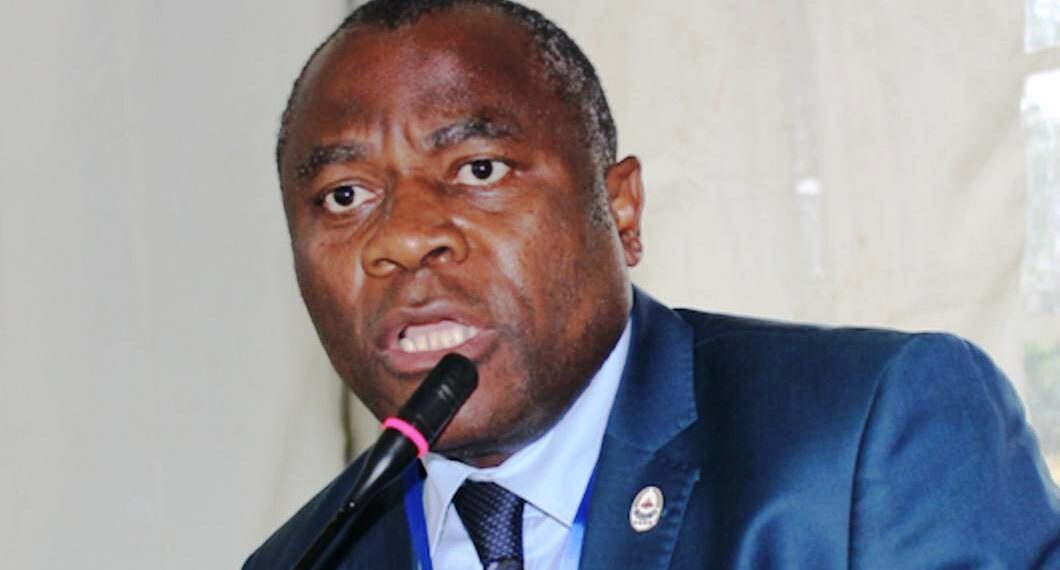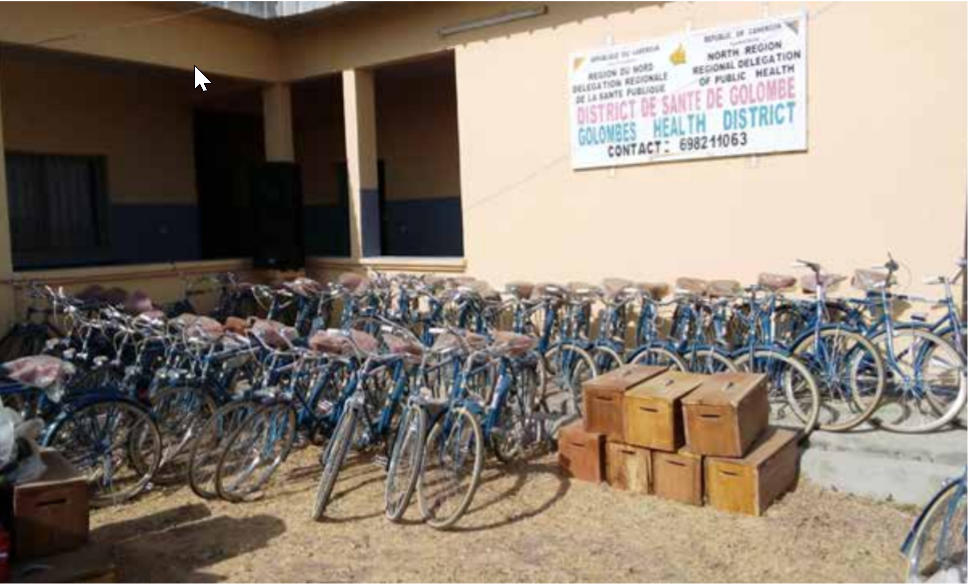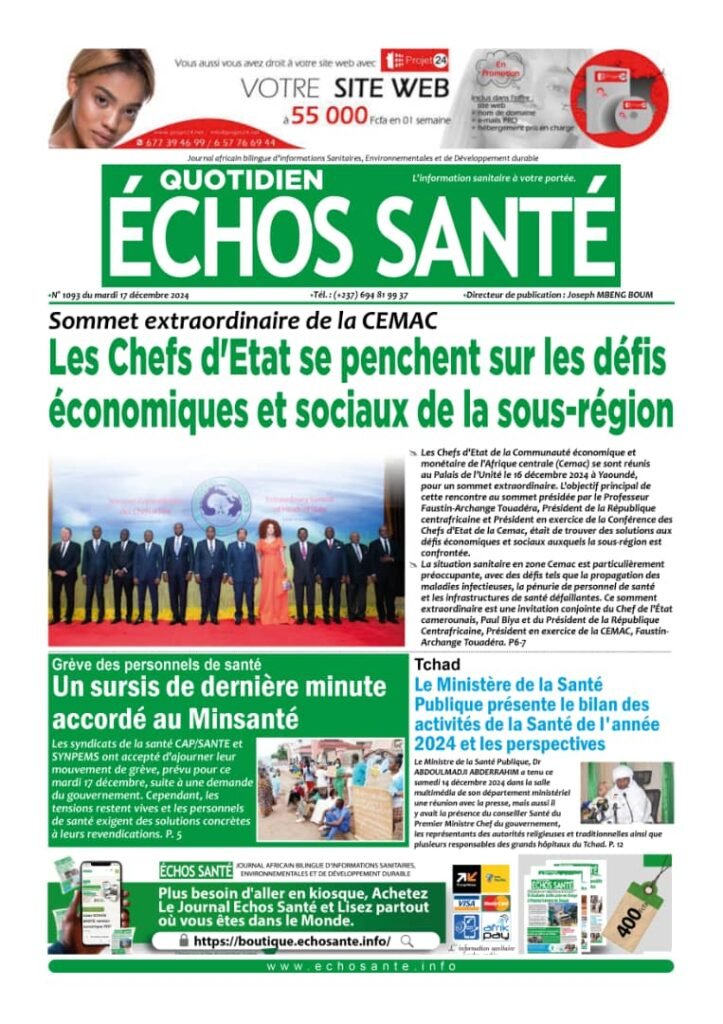Human Right Commission Challenges Government to Guarantee Children’s Rights By Ending Conflicts in the Country

The Human Right Commission in Cameroon has declared that Cameroonian children are still exposed to different forms of gross human right violation, largely because of the socio-political upheavals hitting major Regions of the country. The information was stated in a press release on June 16 by James MOUANGUE KOBIL. This was on the occasion of the commemoration of the 31st edition of the International Day of the African Child.
The Human Right commission observes that 30 years after the adoption of the African Charter on the Rights and the Welfare of the child, much still has to be done to guarantee the rights to education, health, development for children in Cameroon.
This declaration was in line with the fundamental principles guiding the implementation of the rights of the child, which are the principle of non-discrimination, the best interests of the child, the life, survival and development of the child.
According to the commission, the predicament of the Cameroonian Child comes as a result of gross and persistent violations of a number of its rights. The Commission decries and condemns the constant attack on the right to education of children in the socio-politically affected areas of the North-West and South-West regions by armed separatist fighters and in the Far North Region by the Boko Haram Islamic terrorist groups. “There is a recurrence of child trafficking and kidnapping in Cameroon, especially in areas of conflict, including the Far North, the North West and the South West regions. The infant mortality rate (under-five children) is still on the rise, with 74.8 deaths per1000 live births.
Children are recruited as child soldiers by the Boko Haram insurgent terrorist group in the North, 39 percent of children aged 5-17 engaged in child labour (economic activities and household chores). There is an increase in the use of narcotics by youths which leads to an increase in crime and violence,” the Commission wrote in a press release.
It is as a result of these persistent crises that the Human Right Commission in Cameroon has urged the government to step up security measures in country, so as to protect the right of children. “The Commission recommends that the government should further tighten security in the conflict zones, and launch a vigorous campaign against the war on children waged by secessionists in the North West and South West, to better promote the right to education of children in these areas,” stated in the release.
The Commission also recommends that the State should endorse the Oslo Safe Schools Declaration, which is the result of a process launched in2012 in Norway by a Global Coalition to Protect Education from Attack and which contains.
The government was equally advised to set up provisions to strengthen, prevent and respond to attacks on education during armed conflict, and to systematically implement all national laws for the promotion and protection of children’s rights.
The government should also ensure periodic submission of reports to Treaty Bodies like the African Committee of Experts on the Rights and Welfare of the Child, continue to do everything possible to hasten the return to normal life in the North West and South West Regions and prevent the repeated attacks by Boko Haram which affect the fundamental rights and welfare of children more effectively, to continue the fight against all forms of violence and exploitation of children, including sexual violence, female genital mutilation, forced begging, and child prostitution.
The commission also challenged the state to actively pursue the fight against child labour, severely repress the economic exploitation of children, forced begging and the abuse of minors by adult predators.
The government was again pressed to continue the effective and widespread implementation of inclusive education, particularly for the benefit of children living with disabilities, including the national higher education system, extend free and compulsory education to secondary education and make higher education more accessible, to systematise pupil guidance, which is a guarantee for success at school and university as well as for successful integration into socio-professional life, at all levels of training and consequently increases the number of guidance counsellors while ensuring that they are optimally utilised .
The Commission equally notes that “34 percent of the under-5 in Cameroon are not registered at birth and still do not have birth certificates, despite Government effort in facilitating the obtaining of birth certificates”
The Commission dooms the escalation of violence and crime among children, who are exposed to all kinds of violence because of the unchecked information circulating on social media platforms, and the production, illicit possession, sale and use of drugs and other psychotropic substances that contribute to violence at all levels of the educational environment should be tackled head-on.
Going by this commission, the COVID-19 pandemic has had devastating short, medium and long-term consequences on the rights of children, including grave physical, emotional and psychological effect on children. This is especially with the mandatory stay-at-home, lockdown or confinement measures, which disrupted the prospectus and increased school drop-out.
The Commission reiterates on its engagement to spare no efforts in promoting children’s rights and all related issues through education, awareness-raising, advocacy, self-initiated investigation and the treatment of complaints on alleged cases of violation of such rights.
June 16 is celebrated every year as the International Day of the African child, since 1991. This is in honour of the thousands of black school children who were killed in Soweto, South Africa, on 16 June 1976, during a protest against the introduction of Afrikaans (the language of the oppressor), as a second official language of instruction on an equal footing with English, excluding indigenous languages. These students demanded the same treatment as white students, who had the right to learn in their mother tongue (Afrikaans) plus English, but were gunned down by the whites.
Ingrid KENGNE



















